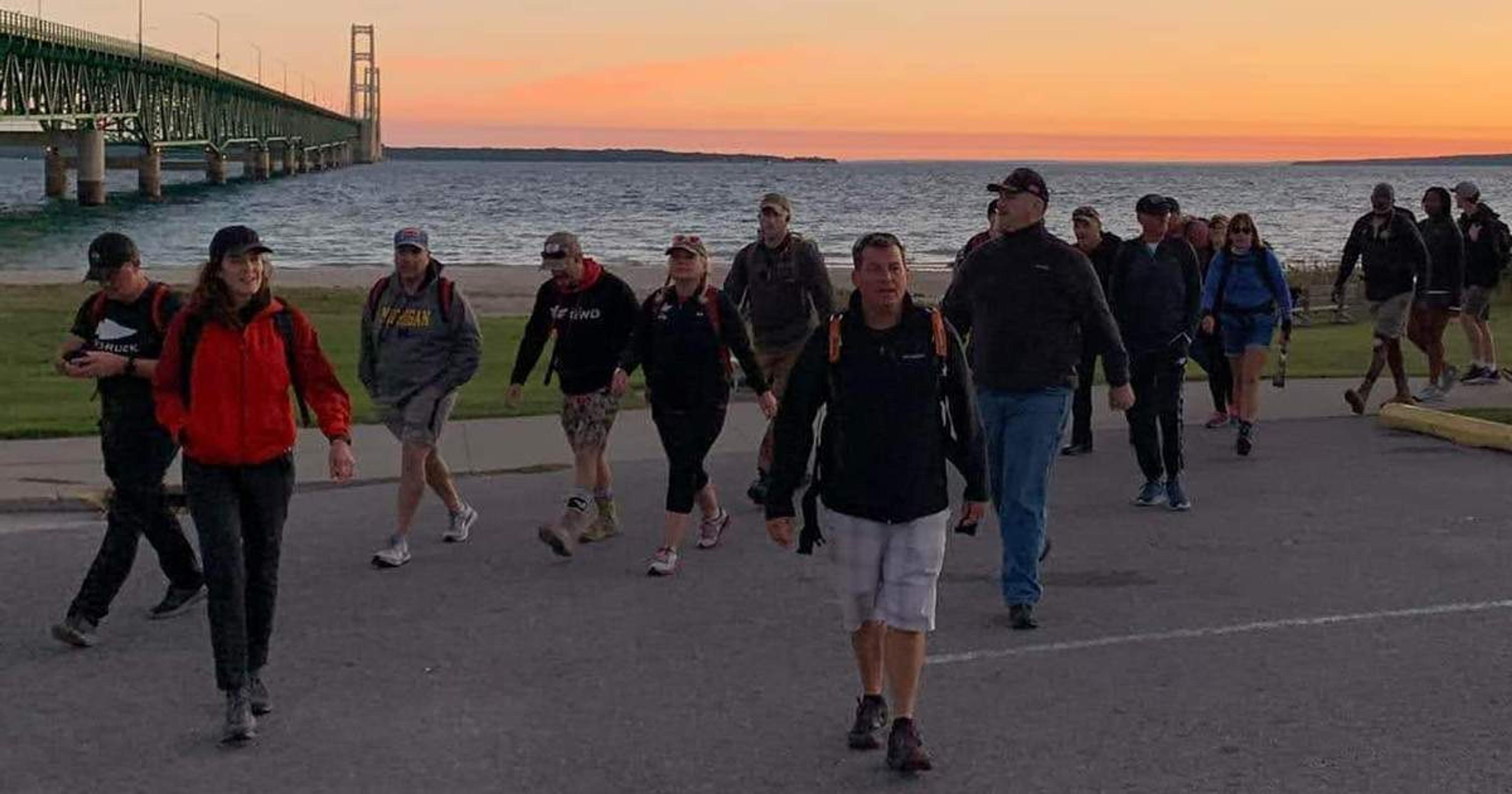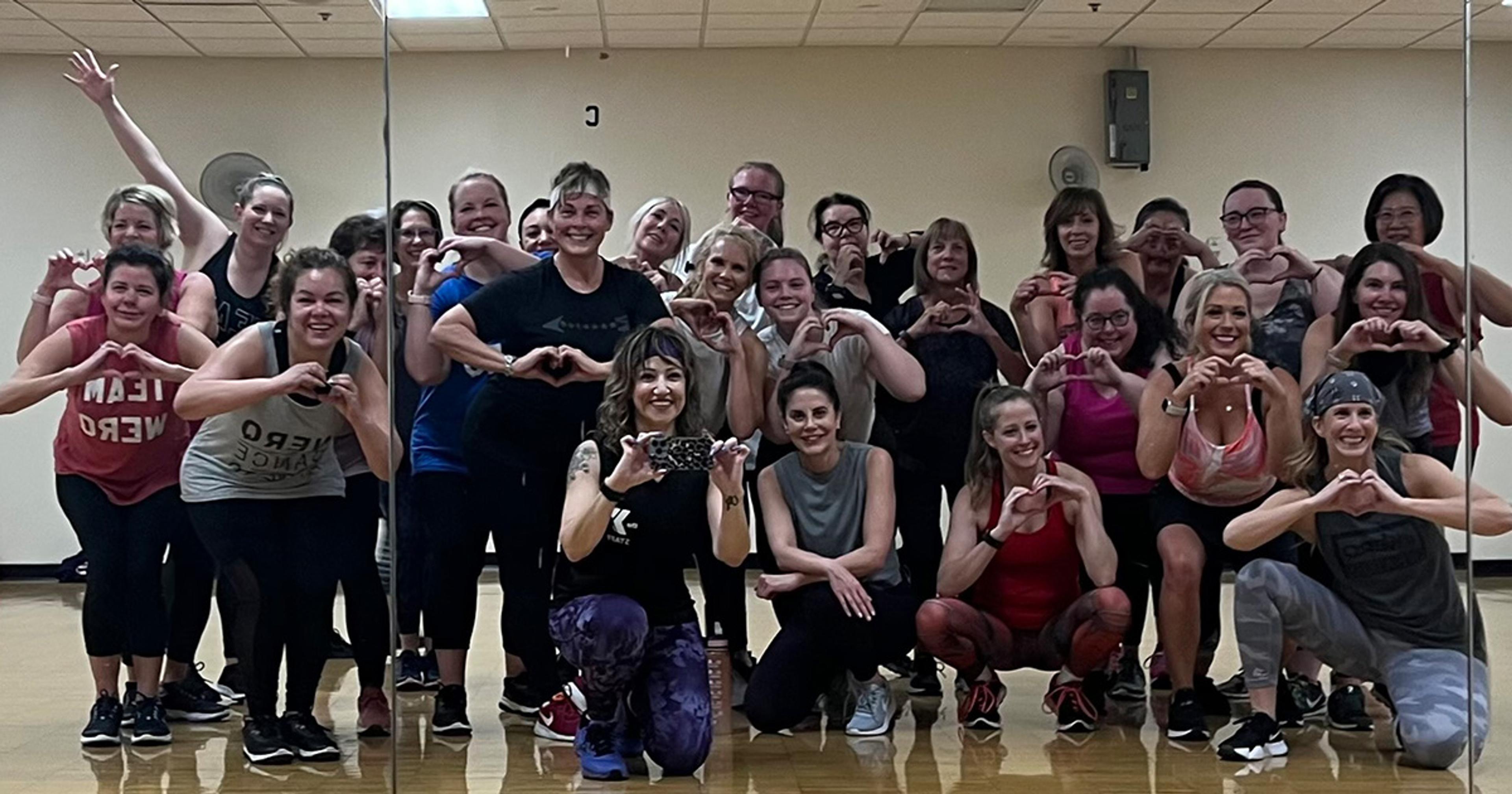Taking Baby Steps Can Help You As an Adult, Too
Jodi Davis
| 4 min read

Today is the day to start focusing on baby steps. Yes, you read correctly — baby steps — towards a healthier you!
We have each taken them before. Baby steps are necessary during the different stages of our lives, even though often times these baby steps are taken without even realizing it.
When we were toddlers our parents witnessed this when we were just learning to crawl, eventually learning to walk. Those first steps are so exciting! Yes, these walks are celebrated even though they consist of only a few steps and eventually end with an abrupt fall. But as the days pass the toddlers learn to walk better and faster, and before you know it they are running everywhere!
There are other baby steps during our lives, such as learning to speak our first word. It’s often a very simple word such as “dada” or “momma,” but before long, we have a full vocabulary. These baby steps are part of each of our lives. We all go through them.
I know that baby steps can work towards a healthier you, too.
How to Get Started
Thefirst step is to realize that you can do it. I want you to think of your current lifestyle. Focus on the habit that you consider unhealthy. Take the first step to make a healthy change today!
Do you exercise daily? Here’s how to get started. Take a short walk to a specific location. If you are working in a large office building, take a short walk around the perimeter of the building. If your workplace includes a large parking lot, walk along the edge of the lot during your lunch hour. If you are at home, take a short walk to a nearby road sign of your choice.
Stay focused each day making sure to take that same walk for the remainder of the week. Next week, make it your goal to walk twice as far as the first week. During the third week, increase the distance even more. Before long those “baby steps” will becomebig strides!
Do you feel you aren’t eating healthy? You can take small steps towards healthier eating habits, too. I suggest that you begin by changing one meal per day. Consume half the portion size that you would normally eat at dinner. Do this for a week. Next week, make an additional change towards healthier eating. When you snack, skip the high-calorie items and find something healthy that you can eat instead: an apple, a banana, fresh veggies, yogurt, low-fat microwave popcorn, raw almonds or a low-fat granola bar.
Do you consume sugary beverages? Slowly eliminate these beverages and switch to water. Try to keep a bottle of water next to your favorite sugary beverage during your first week of baby steps. This will remind you to reach for the water first. It might help to fill your favorite sugary beverage bottle with water so it doesn’t seem like such a drastic change. It works, you’ll see!
Many of us have developed habits that are difficult to change and seeing that familiar bottle will help ease you into change. During the second week, keep the sugary beverage out of your sight, but if you do find yourself reaching for it, take a tiny sip, savor it, close up the bottle and put it away.
Baby Steps Are About Determination
When you are ready, take another baby step… and another… and another, just like you did as a toddler. You didn’t give up when you were young — you were always determined. You knew you could do it and you did.
There was a day when you couldn’t even read these words, but you took baby steps and you learned. No, it didn’t happen overnight but it did happen. A healthy lifestyle can begin with one baby step… and if you fall, get back up again.
Hey, you did it when you were a toddler so you surely can do it as an adult!
Photo credit: sean dreilinger





